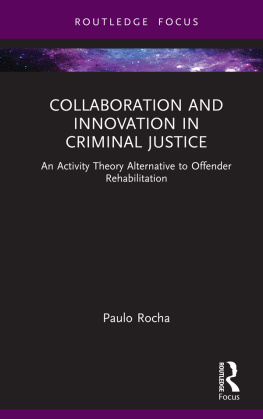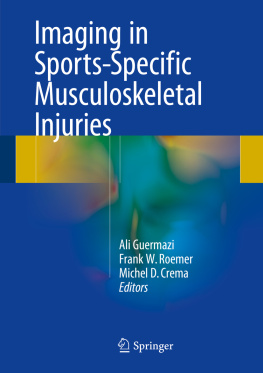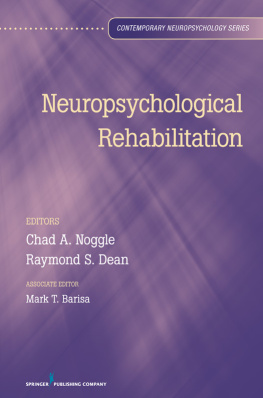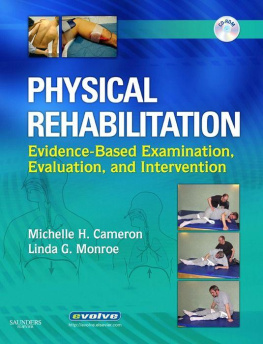
Building on their earlier book ( Delivering Rehabilitation ), Lol Burke and Steve Collett join with Fergus McNeill to propose a much more rounded conception of rehabilitation than the narrow correctionalism that has dominated political debate and much academic research. Rehabilitation and desistance must involve a great deal more than the interventions of criminal justice, but call on the responsibilities of the state and the community. The authors have written a book that combines academic rigour and a compelling political critique to show that, ultimately, questions about punishment and rehabilitation are questions about the kinds of society we want to live in and to strive for.
Prof. Rob Canton , De Montfort University, UK
Rehabilitation is buried, then resurrected, with the regularity of a zombie, but what the rehabilitative ideal needs is not another undead awakening but rather a complete reimagination. In this essential new vision, Burke, Collett and McNeill get us closer than ever before to a truly holistic concept of rehabilitation that transcends the individual-blaming of the risk model. We may be closer than ever to realising a vision of justice that is worthy of the name.
Prof. Shadd Maruna , author of Making Good: How Ex-Convicts Reform and Rebuild Their Lives
Despite a significant resurgence of interest in rehabilitation at the policy level in a number of jurisdictions, there have been surprisingly few attempts to outline a vision of what is needed to make this a reality for those caught up in offending and the criminal justice apparatus. This timely book delivers on that with a sophisticated and thoughtful analysis of what an effective rehabilitation strategy might look like. I recommend Reimagining Rehabilitation to students, practitioners, scholars and policy makers everywhere.
Gwen Robinson , Reader in Criminal Justice, University of Sheffield, UK
Going back to at least the birth of the penitentiary, scholars, policy-makers, and the public have debated the ideal form and functions of punishment. Rehabilitation has been lost, declared dead, and discovered anew. Burke, Collette, and McNeills Reimagining Rehabilitation breathes new life into this enduring debate, providing an imaginative vision for twenty-first-century criminal justice. Rather than a narrow criminology oriented towards reducing risk and reoffending, the authors develop a model of personal, legal, moral, and social rehabilitation that can improve the lives of justice-involved individuals and, in the process, redeem our democratic ideals.
Prof. Michelle S. Phelps , University of Minnesota, USA
REIMAGINING REHABILITATION
This book aims to make the case for and provide some of the resources necessary to reimagine rehabilitation for twenty-first-century criminal justice. Outlining an approach to rehabilitation which takes into account wider democratic processes, political structures and mechanisms of resource allocation, the authors develop a new model of rehabilitation comprising four forms personal, legal, social and moral.
Personal rehabilitation concerns how individuals make their journeys away from offending and towards reintegration and how they can be supported to do so, whilst legal rehabilitation concerns the role of the criminal courts in the process of restricting and then restoring the rights and status of citizens. Moral rehabilitation is concerned with the ethical basis of the interactions between the individual who has offended and the people and organisations charged with providing rehabilitative services. Social rehabilitation explores the crucial contribution civil society can make to rehabilitation, exploring this through the lens of citizenship, community and social capital.
Drawing on the conceptual insights offered in the late Stan Cohens seminal work Visions of Social Control and specifically his insistence that modern social institutions can aspire to doing good and doing justice, the authors argue that these values can underpin a moral pragmatism in designing social interventions that must go beyond achieving simply instrumental ends. Reimagining rehabilitation within the context of social action and social justice, this book is essential reading for students and scholars alike, particularly those engaged with criminal justice policy, probation and offender rehabilitation.
Lol Burke is Professor in Criminal Justice at Liverpool John Moores University and specialises in the areas of probation research, policy and practice. He has a particular interest in the way that occupational culture acts out in probation settings and resettlement provision for released prisoners. As a former probation practitioner, he has considerable experience working in both community and custodial settings.
Steve Collett worked for three North West probation areas across four decades, retiring from the Cheshire Probation Trust in December 2010 after ten years as its chief officer. He is an Honorary Fellow within the Department of Sociology, Social Policy and Criminology at Liverpool University, an Honorary Reader in Criminology within the School of Law at Manchester University, and an Honorary Fellow of Liverpool John Moores University.
Fergus McNeill is Professor of Criminology and Social Work at the University of Glasgow where he works in the Scottish Centre for Crime and Justice Research and in Sociology. Prior to becoming an academic in 1998, Fergus worked for a number of years in residential drug rehabilitation and as a criminal justice social worker.
REIMAGINING
REHABILITATION
Beyond the Individual
Lol Burke, Steve Collett and Fergus McNeill
First published 2019
by Routledge
2 Park Square, Milton Park, Abingdon, Oxon OX14 4RN
and by Routledge
711 Third Avenue, New York, NY 10017
Routledge is an imprint of the Taylor & Francis Group, an informa business
2019 Lol Burke, Steve Collett and Fergus McNeill
The right of Lol Burke, Steve Collett and Fergus McNeill to be identified as authors of this work has been asserted by them in accordance with sections 77 and 78 of the Copyright, Designs and Patents Act 1988.
All rights reserved. No part of this book may be reprinted or reproduced or utilised in any form or by any electronic, mechanical, or other means, now known or hereafter invented, including photocopying and recording, or in any information storage or retrieval system, without permission in writing from the publishers.
Trademark notice : Product or corporate names may be trademarks or registered trademarks, and are used only for identification and explanation without intent to infringe.
British Library Cataloguing-in-Publication Data
A catalogue record for this book is available from the British Library
Library of Congress Cataloging-in-Publication Data
Names: Burke, Lol, author. | Collett, Steve, author. | McNeill, Fergus, author.
Title: Reimagining rehabilitation : beyond the individual / Lol Burke, Steve Collett and Fergus McNeill.
Description: 1 Edition. | New York : Routledge, 2019. | Includes bibliographical references and index.
Identifiers: LCCN 2018022752| ISBN 9781138233171 (hardback) | ISBN 9781138233188 (pbk.) | ISBN 9781315310176 (ebook)
Subjects: LCSH: CriminalsRehabilitationGreat Britain. | Criminal justice, Administration ofGreat Britain.
Classification: LCC HV9345.A5 B873 2019 | DDC 365/.6610941dc23








